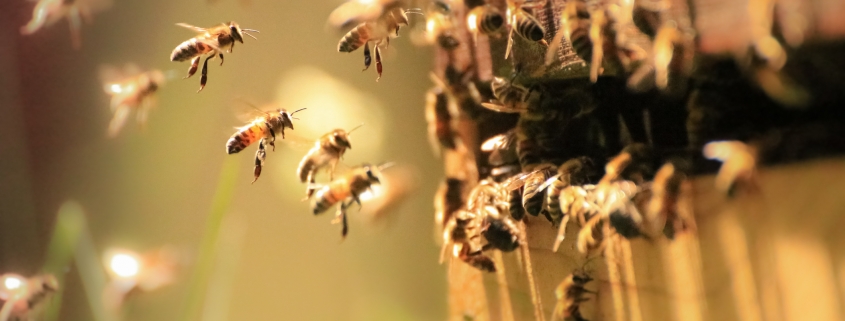
Bee Sting Sensitivity
Bee Stings are a common outdoor nuisance. For most people, an insect sting means a little pain and discomfort, but some people may have trouble breathing or itch and have hives all over their body after being stung. These people are allergic to insect stings. This means that their immune system overreacts to the insect’s venom.
Bee sting symptoms include:
- Instant, sharp burning pain at the sting site
- A red welt at the sting area
- A small white spot where the stinger punctured the skin
- Slight swelling around the sting area
Allergic reactions to bee stings include:
- A large area of swelling at the sting site
- Itching or hives all over your body
- Chest tightness, cough, wheezing or shortness of breath
A severe allergic reaction to insect stings can cause a severe medical emergency called (anaphylaxis). .Signs and symptoms of anaphylaxis include:
- Lightheadedness/dizziness
- Weak and rapid pulse
- Loss of consciousness
- Upset stomach, diarrhea, nausea or vomiting
- Problems breathing
- Swollen throat or tongue
- Itching and hives over a large part of the body
Most allergic insect sting reactions are caused by five kinds of insects:
- Yellow jackets
- Honeybees
- Paper wasps
- Hornets
- Fire Ants
An allergist can perform testing to determine which insect you are sensitive to and provide allergen immunotherapy with the appropriate insect venom.
To make an appointment for a consultation or treatment, call Dr. Michael McCormick’s office at (530) 888-1016.
